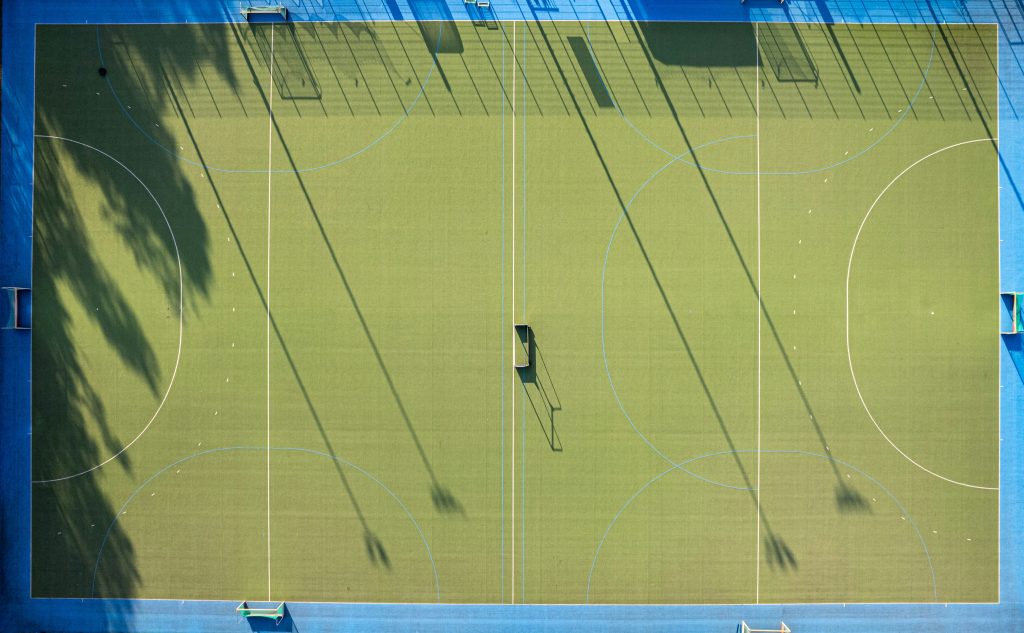In a striking display of resilience and talent, Australian breakdancer Rachael Gunn, known by her stage name Raygun, has emerged as a significant figure in the world of sports after her unforgettable performance at the Paris 2024 Olympics. As one of the new disciplines introduced in this Olympic cycle, breakdancing has captivated audiences globally, and Raygun’s recent showcase has further amplified its appeal.
Despite the excitement surrounding her debut, Raygun faced a wave of criticism from various corners of the internet and mainstream media. Many took to social media to ridicule her performance and the uniform she wore, sparking a fierce backlash against the negativity directed towards her. In a bold response, Raygun addressed her detractors, emphasizing the importance of self-expression and the joy of dance, particularly in a sport that celebrates individuality and creativity.
Australia’s Chef de Mission, Anna Meares, has voiced her support for Raygun, condemning the criticism as unwarranted. Meares highlighted the significance of representation in sports and the need to uplift athletes rather than tear them down. This sentiment resonates deeply in the current climate where athletes are often subjected to intense scrutiny and harsh judgment, especially in new and evolving sports like breakdancing.
Raygun’s journey to the Olympics has been one marked by determination and passion. As a pioneer in breakdancing, she has dedicated countless hours to perfecting her craft, and her Olympic performance was a culmination of years of hard work and perseverance. Her ability to captivate the audience during her routine showcased not only her technical skills but also her unique style, which has become her signature.
The introduction of breakdancing into the Olympics has opened doors for many young dancers and artists who aspire to showcase their talents on a global stage. It represents a shift in how traditional sports are defined and has the potential to draw in a new generation of fans and participants. Raygun stands as a beacon of this change, illustrating that dance can be as competitive and respected as more traditional sports.
As the Olympic Games continue to evolve, so too does the culture surrounding them. Athletes like Raygun are not just competitors; they are cultural icons who challenge societal norms and redefine what it means to be an athlete. The backlash she has faced serves as a reminder of the hurdles that still exist in the path to acceptance and recognition for all forms of athleticism.
In conclusion, Raygun’s experience at the Paris 2024 Olympics is a testament to the resilience of athletes in the face of adversity. Her journey highlights the need for a supportive environment for all athletes, particularly those in emerging sports. As the world continues to watch, Raygun’s story inspires not only aspiring breakdancers but also anyone who has faced criticism for pursuing their passion. The future of breakdancing in the Olympics looks bright, and with athletes like Raygun leading the charge, it’s clear that this dynamic sport is here to stay.

